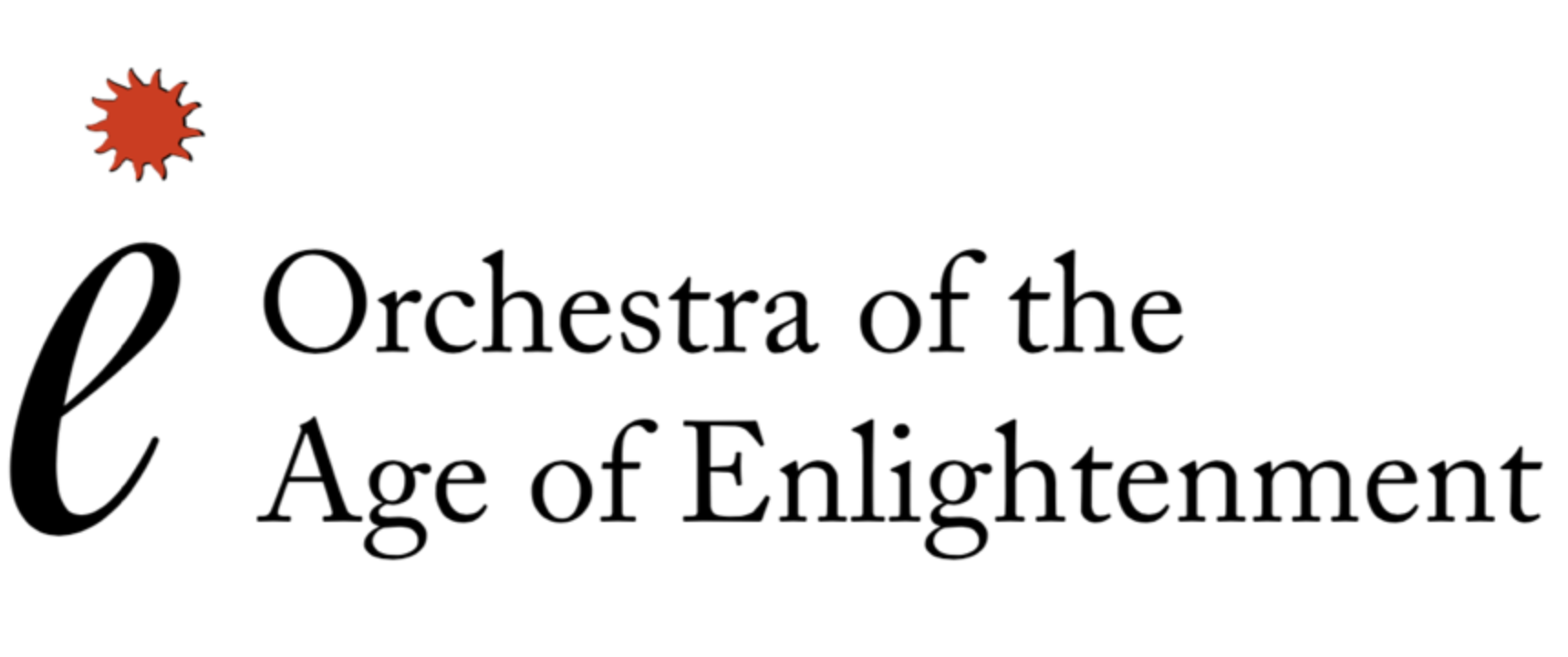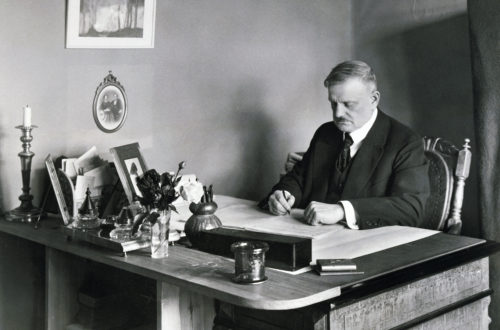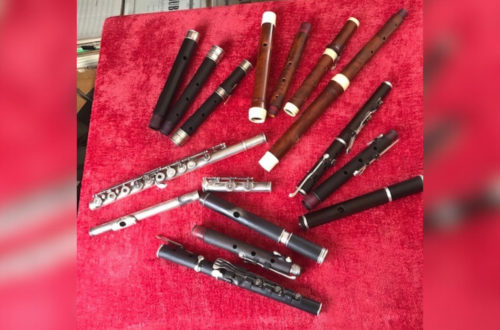The Underrated Giant: Talking about Mendelssohn with Sir András Schiff 3 April 2024
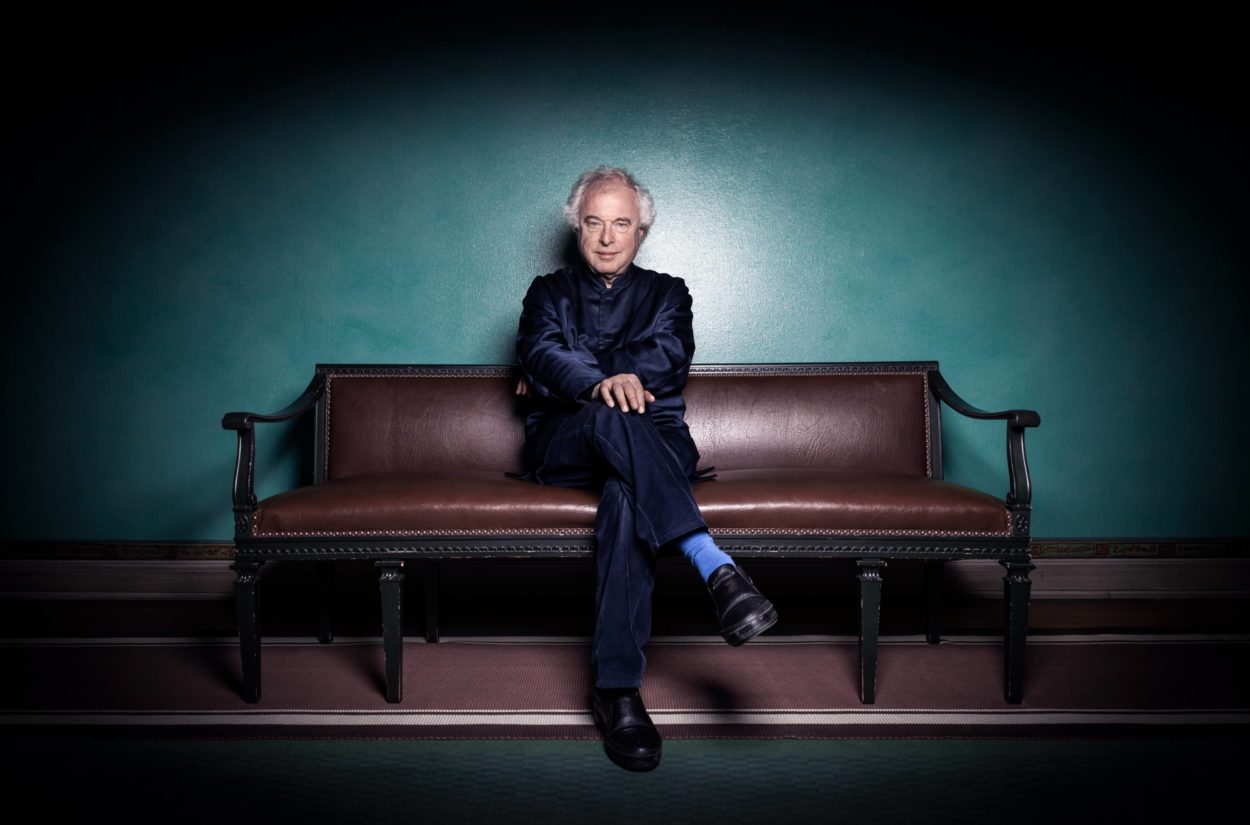 © Nadja Sjoestroem
© Nadja Sjoestroem
Who needs an excuse to celebrate a composer as fine as Felix Mendelssohn? Strangely, though, he and his reputation remain entrapped in a cats-cradle of paradoxes. He is at once the best-loved and most underrated of early romantic geniuses.
He was a painstaking, obsessive craftsman, yet his music sounds effortless. The results are often structurally conservative, but ground-breaking in romantic, programmatic content. He was born Jewish and became a convinced Lutheran. And while celebrated far and wide for his compositions, he was equally successful as a conductor and as founder of the Leipzig Conservatory. Indeed, he was probably the 19th century’s closest equivalent to the multitalented, multitasking Leonard Bernstein.
Ask Sir András Schiff why he wanted to create a Mendelssohn series now and the response is a beaming smile. “It’s a love affair,” he says. “He is still so underrated and I feel we have to help. There are composers who are not enough appreciated – Haydn is one, Mendelssohn is another – but these are giants.
“The more I study Mendelssohn, the more I know about him, the more lovable he seems, both as a human being and as a musician. There is so much to admire and to thank him for. For example, we wouldn’t have had a Bach renaissance without him.” Given a manuscript copy of the Bach St Matthew Passion as a gift by his grandmother while he was a teenager, Mendelssohn, aged 20, staged the work’s first public revival since its composer’s death.
"It's a love affair... There are composers who are not enough appreicated, but these are giants. The more I study Mendelssohn, the more I know about him, the more lovable he seems, both as a human being and as a musician. There is so much to admire and to thank him for."
The series falls naturally into three programmes, Schiff says. “I wanted to concentrate on the symphonies and the three most important concertos, the two for piano and the E minor Violin Concerto. First, I wanted to cover all the symphonies, but especially No. 2, the ‘Lobgesang’ [Song of Praise], which I think is a towering masterpiece. They wouldn’t fit into two concerts, but with the concertos added, it works perfectly in three.”
The underrating of Mendelssohn would seem baffling, were there not such an undercurrent of darker 19th-century forces behind it. First, Schiff points out wryly, society tends to have certain romantic notions about its artists. “We have the preconceived idea that great art comes from suffering,” he says. “And also that we are such good people, we in humankind! We love compassion. We love to feel sorry for someone, because basically it makes us feel that we are better people.”
The trouble is that Mendelssohn is not an obvious underdog. Rather the opposite. He started life as a phenomenal child prodigy and was raised in a happy and wealthy family, with parents who steeped him and his equally talented elder sister, Fanny, in the finest cultural education of the day. “How about adopting the opposite of the traditional attitude? To be happy for somebody else’s happiness, success and talent?” Schiff suggests, and he’s not wrong.
"We have the preconceived idea that great art comes from suffering,” he says. “And also that we are such good people, we in humankind! We love compassion. We love to feel sorry for someone, because basically it makes us feel that we are better people."
One other aspect of Mendelssohn that is often underestimated is how technically demanding his music is. Performing the two piano concertos is a challenge even without directing from the keyboard. When I spoke to him, Schiff was still considering exactly which fortepiano to choose for these concerts. “If you find a real historical instrument from the time which is in good condition, it’s very difficult to transport and to travel with, and they go out of tune immediately,” he comments. “So it will probably be a very good copy of a Graf or a Streicher.”
The instrument will need, first and foremost, a light touch: “Mendelssohn’s piano writing in the concertos, but also in general, presents very light textures. You need great dexterity: there are lots of notes, but it’s never crowded. It’s transparent. But for that, you have to play transparently.
“I don’t think there is room for conducting in addition. The hands are busy most of the time! I will occasionally stand up and lead for the tuttis, but mostly I will leave it to the leader – and the OAE has wonderful leaders. We work it out like chamber music.”
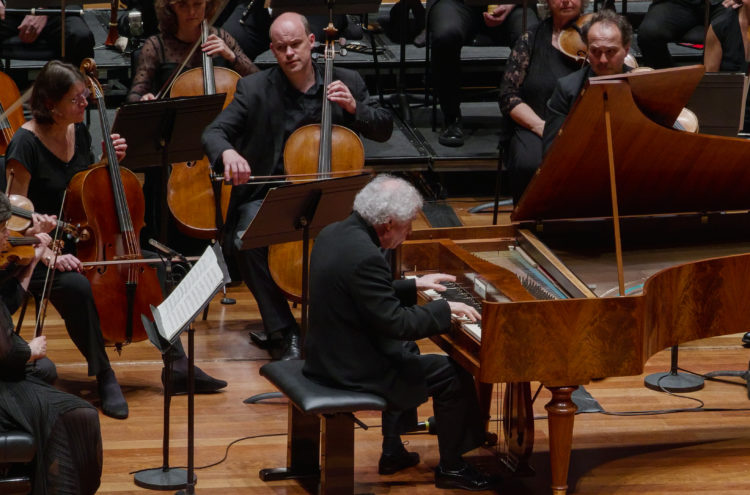
There is a disturbing aspect to the underrating of Mendelssohn, however. In short, attitudes that derive from anti-Semitic smears originally put about by Richard Wagner are sometimes still unthinkingly parroted in the 21st century. “Wagner was a great genius, but a terrible character. What he wrote in his essay ‘Das Jundenthum in der Musik’ (‘Jewishness in Music’) is unforgivable.” In this notorious, bile-filled pamphlet, written in 1850, a couple of years after Mendelssohn’s death, Wagner accused him of writing music that was “sweet and tinkling without depth”.
“Unfortunately, his verdict is still very effective, and especially in the German speaking world,” Schiff says. “I still hear these derogatory half-remarks from musicians in Germany, referring to him as a little salon composer. This outrages me. I can’t change the world, but maybe I can convince a few people that this is not just worth playing and listening to, but is very great music indeed.”
Wagner’s comments were fuelled largely by jealousy. But Mendelssohn’s material success was the result both of extraordinary talent and of hard work on several fronts. “Mendelssohn was a master conductor who knew the orchestra inside out,” Schiff says. “You don’t find any balance problems, especially not with the OAE. There are those wonderful passages in the middle movement of the G minor Piano Concerto – so beautiful, completely like chamber music – but my experience was also when we did the Schumann concerto, and even the Brahms concertos, that with the right approach and the right orchestra, the balance problems you sometimes experience with modern instruments disappear.”
But with his hefty schedule of conducting, directing the Conservatory, travelling (he came ten times to Britain), composing and raising a family of five, Mendelssohn always seemed to be working at twice the speed and intensity of most other musicians. You can hear it in his music; his soundworld seems to “vibrate” at exceptional velocity. “He worked with this burning intensity,” Schiff says. “It’s true that it was a major blow when his sister, Fanny, died [in spring 1847], but in the end I think he worked himself to death.” Mendelssohn died of a stroke, the same ailment that had killed Fanny, in November 1847.
And so, from music to letters to his impressive painting and drawing, Mendelssohn’s legacy is one to treasure. “I have a wonderful watercolour of Amalfi by Mendelssohn on my piano at home,” Schiff says. “It is an eternal inspiration. Anything he touched turned into gold.”
"Mendelssohn was a master conductor who knew the orchestra inside out. You don't find any balance problems, especially not with the OAE. There are those wonderful passages in the middle movement of the G minor Piano Concerto – so beautiful, completely like chamber music – but my experience was also when we did the Schumann concerto, and even the Brahms concertos, that with the right approach and the right orchestra, the balance problems you sometimes experience with modern instruments disappear."
